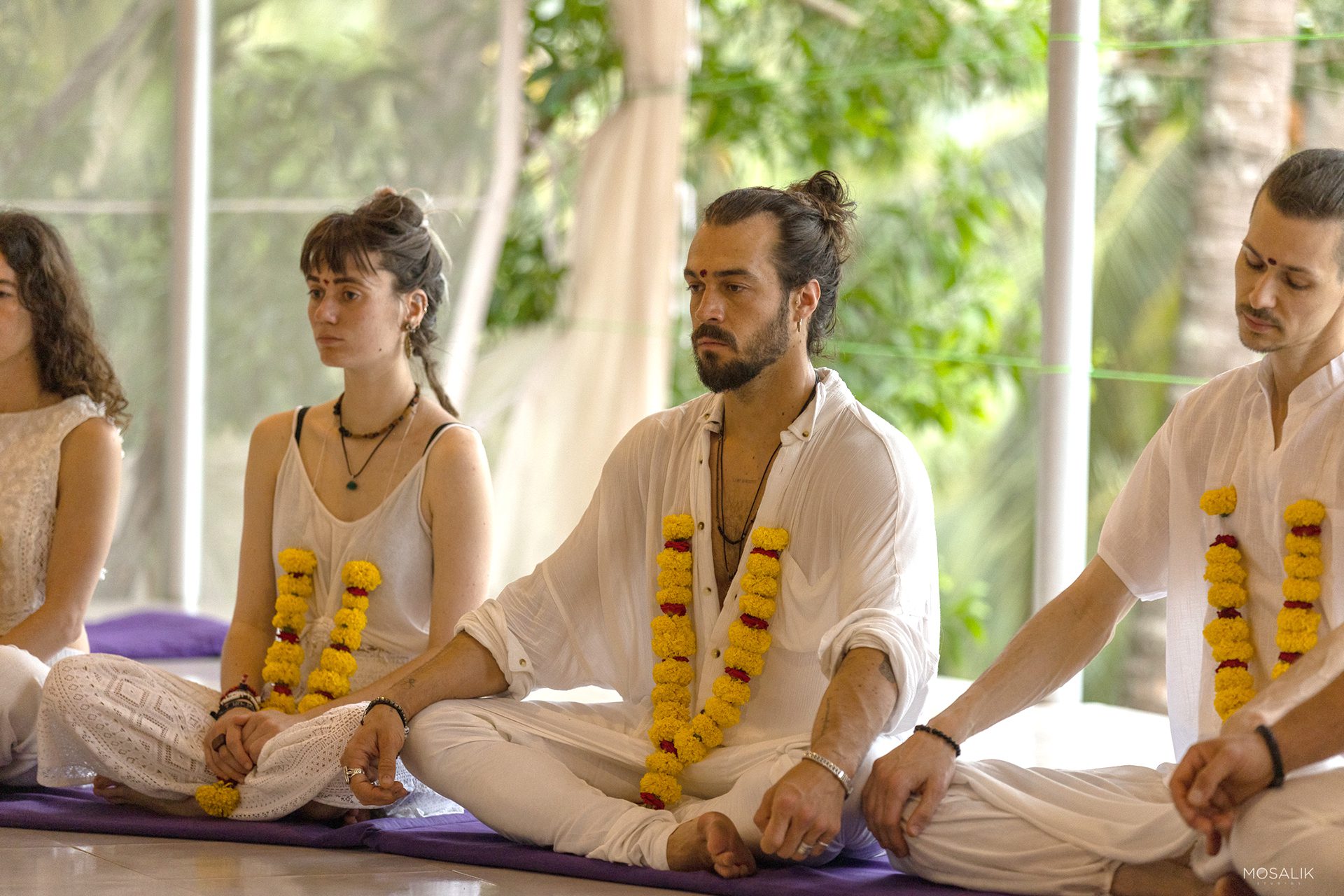The Role of Ethics and Integrity in Yoga Teacher Training Programs
Ethics and integrity are underlying, critical factors in any career. As a professional, following certain rules of conduct such as treating others with respect, having a sense of empathy and compassion, and being non-judgemental, can go a long way. The same applies in yoga teacher training programs. After all, this is the place where students learn the A-Z of being a yoga teacher from would-be mentors.
Yoga teaches us to live a life of balance, imbibing the Yamas (social norms) and Niyamas (rules for self-discipline) into everyday life. Behaving in an unprofessional manner and neglecting basic ethics can lead to a bad name as a teacher, loss of respect and business, and in more severe scenarios, even legal trouble. Ethics and integrity puts students at ease, earns you respect as a yoga teacher and goes a long way improving your yoga business. In this article, we’ll explore the importance of ethics education for yoga teachers.

PRACTICE WHAT YOU PREACH
As a yoga teacher, if you’re teaching students about the Yamas and Niyamas, you have to learn to practice them first. If you’re encouraging students to stay mindful and balanced in their thinking, you must learn how to do this first. When ethics and integrity in a yoga teacher training program is taught, you learn the importance of being honest. You learn how critical it is to speak from experience.
BEHAVING LIKE A YOGI
For centuries yogis have been known to be respectful, kind and compassionate. You won’t find a yogi losing patience, getting angry or forcing a student into a posture that’s causing pain or injury to the student. Being a yoga teacher comes with certain values and qualities. You learn these qualities by listening to teachers and mentors during your yoga teacher training course. These qualities are further enhanced when you learn how they tie in with the ethics of a yoga teacher during your course.
IMPARTIAL AND UNBIASED
Staying neutral to all students without appearing partial or showing a bias is also important to keep morale high. In a yoga teacher training course, teachers follow the same ethics to guide all students in an impartial way. When providing feedback or correcting a student, it must be done in a kind and positive way. Appreciate all students for the effort they put in. Observe all students and give everyone equal time and attention.
ASKING FOR PERMISSION
One of the most important rules of ethics is asking your students for permission. This means permission for physical support and nudges, and to use a student’s example. Every student may not be comfortable with even a brief touch, even if it means support in achieving a posture. Physical contact can be a very touchy subject for some, while some might welcome touch as it will help with alignment. First, ask yourself if there really is a need? Can you demonstrate the posture or help the student without physical contact? Similarly, students may not take too kindly to teachers using their journey or experience as an example. Ask the student if you can explain their experience to the rest of the group. Asking for permission is a polite and professional way to navigate such sensitive concerns. Yoga teacher training programs address this important code of ethics and teach you how to take a hands-off approach when necessary.
HONEST AND KIND
Always be honest yet kind when giving feedback or discussing a student’s progress. Do not falsely praise a student’s progress. Instead, be honest about where the student is doing well and where they can improve. When communicating areas of improvement, you can provide options. For example, if a student has tight hips and struggles with the Standing Forward Bend Pose, you can suggest hip-opening drills and exercises to stretch and strengthen the hamstrings and quadriceps. This will not only encourage students but they will be grateful for your honesty. During your course, you will come across various instances where your teacher will address similar concerns with you and your fellow-students. Learning from how they practice honesty and kindness in their approach will help you greatly.
COMPASSIONATE AND UNDERSTANDING
Compassion and understanding for each student should reflect in the way you speak, teach and behave. Yoga is not just about practices. It is a lifestyle. It teaches you to treat all living beings with equal respect and fairness. Showing qualities of compassion and empathy towards students make them more confident in practicing with you. They view you as someone respectful, who they can trust and look up to. Such qualities add to your credibility and authenticity as a teacher.
Often, ethics are far from the mind because focus remains on the mind-body practices. But let’s not forget, before Asana and Pranayama comes Yamas and Niyamas. In most yoga teacher training programs, the rules of ethics and integrity is a significant chapter that should not be taken lightly. Furthermore, when you see these ethics in action during your course, you have a natural tendency to learn and adapt them. Start by practicing a few of them and gradually you will find that you have a good grasp over these ethics, how and when to apply them – even if you are faced with an unusual or different situation. When in doubt, always reach out to your yogi friends, teachers and mentors to ask for guidance.
YOGA ALLIANCE REGISTERED YOGA TEACHER TRAINING COURSES

Sampoorna Yoga Teacher Training School has been a registered international yoga school with Yoga Alliance, holding RYS-200, RYS-300, RYS-500, and YACEP designations since 2009. Its online and in-person Yoga Teacher Training Courses and Certifications are recognized and accepted worldwide, enabling all graduates to teach globally. Upon course completion, participants receive a 200-Hour, 300-Hour, or 50-Hour Yoga Teacher Training Certification, allowing registration as RYTs (Registered Yoga Teachers) with Yoga Alliance. Our Yoga Teacher Training Certificate Courses empower you to teach legally in any country, whether you choose to register with Yoga Alliance registration or not.

